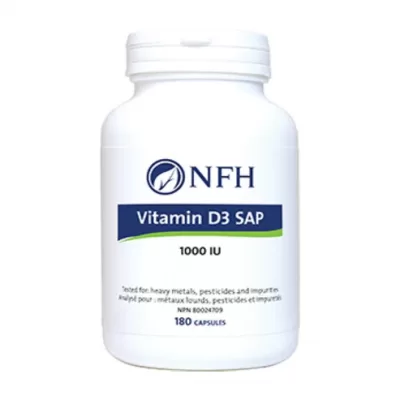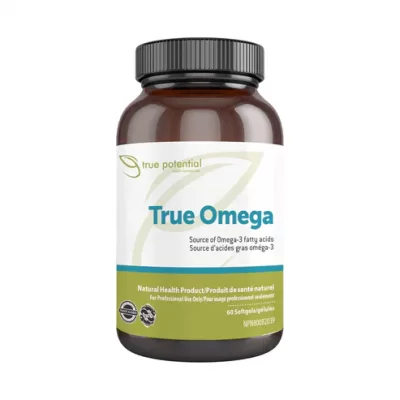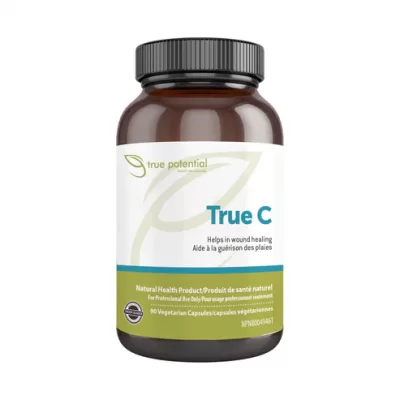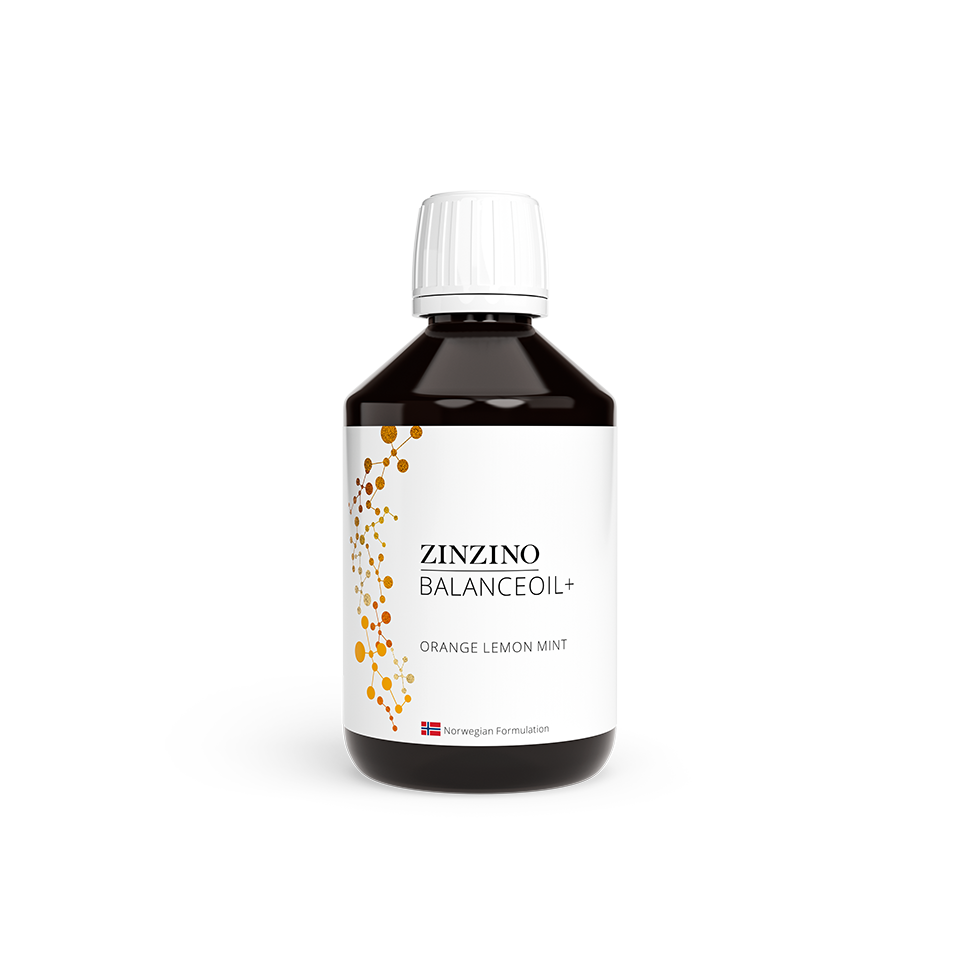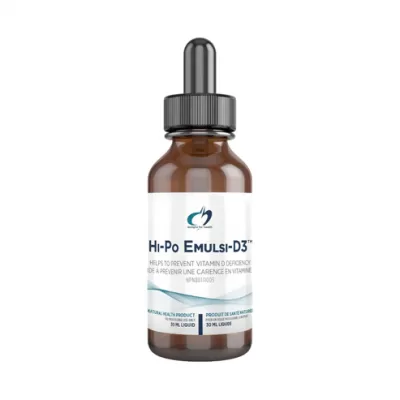The fall is a common time to see an increase in colds and flus. It seems as soon as everyone heads indoors for back to school and back to work, this coincides with an increase in the sniffles and body aches.
Common ways to support your immune system through lifestyle include getting a good night’s sleep, eating protein, colourful fruits and veggies, and soups made with bone broth, and taking a good multivitamin and mineral.
In addition to optimizing these lifestyle components, there are three key supplements for cold and flu season to consider adding to your daily routine, which are both economical and readily available everywhere you shop.

